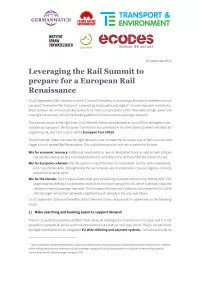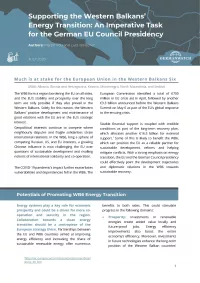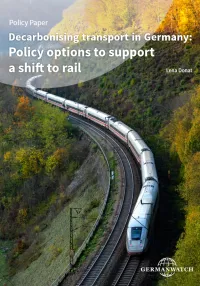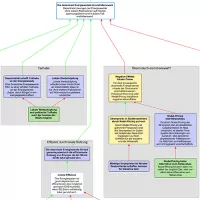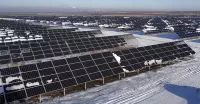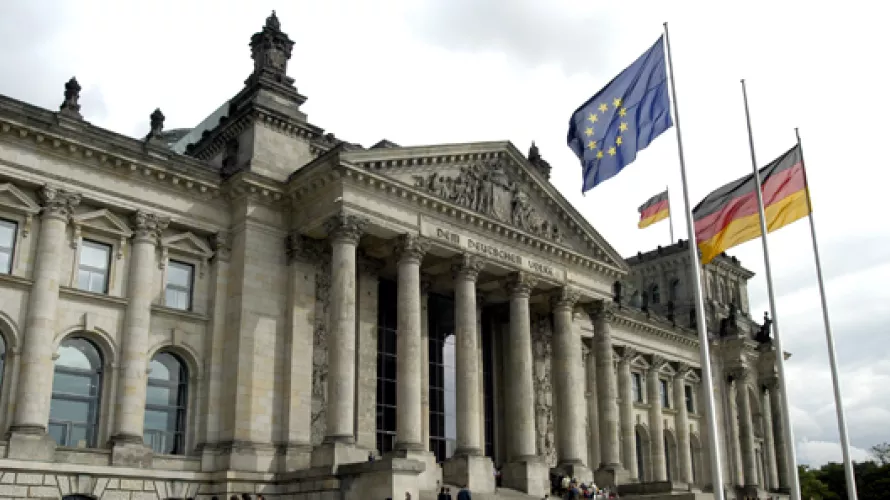
Aktuelles zum Thema
To become climate neutral by 2050 at the latest, the European Union needs to reduce transport emissions by 90%. Rail as one of the cleanest modes of transport can play a key role here. On 21 September 2020, Germany as the EU Council Presidency is convening a Ministerial conference on rail transport. NGOs from Germany, Poland, France, Spain and Brussels are calling on EU transport ministers to initiatie a European Rail Renaissance. This would be a win for economic recovery, European cohesion and the climate. The declaration asks for concrete measures to make rail cross-border rail transport in Europe more attractive.
The EU energy system is still far from being climate neutral or based on 100 % renewable energies. The currently discussed revision of the guidelines for the Trans-European Networks for Energy (TEN-E), which provide the basis for the selection of the so-called Projects of Common Interests (PCIs), has the potential to set a new course.
Long-term stability and prosperity in the Western Balkans is closely interlinked with the fate of the EU. A positive development in the region and the maintenance of good relations are in the EU’s strategic interest. Geopolitical interests continue to compete in the Western Balkans: China is increasingly rivalling ideas of international solidarity and co-operation offered by the EU. This has become most apparent during the outbreak of the COVID-19 pandemic and the economic crisis that followed. The new momentum of recently extended financial support should be the starting point for a more serious cooperation with the Western Balkans on the energy transition. The German EU Presidency in the second half of this year should focus on making energy transition partnerships a reality. This is an opportunity that the EU should not miss.

